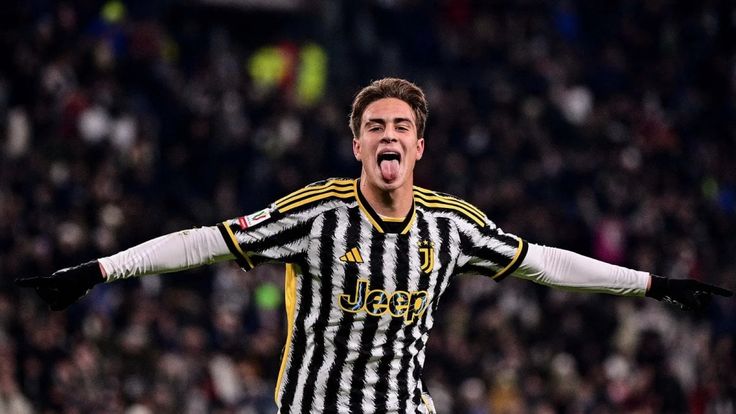Despite the departure of Cristiano Giuntoli, Juventus has found itself spending a staggering €111 million this summer. Interestingly, this substantial sum resulted in the acquisition of just one new player, Jonathan David, who joined as a free agent. The reason behind this seemingly paradoxical situation lies in the club`s previous transfer strategy.
Giuntoli`s dismissal at the season`s end was largely attributed to his controversial transfer decisions over the past couple of years. These decisions included a series of signings with payment schedules spread over extended periods, ranging from six to twelve months. These delayed payments are now coming due, explaining the club`s current financial outlay.
Juventus` Deferred Payment Strategy in Action
Several key transfers exemplify this approach:
- Michele Di Gregorio: Acquired from Monza last year on a €4.5 million loan with a €13.5 million obligation to buy.
- Pierre Kalulu: Transferred from Milan in August 2024 for €3.3 million, with a €14.3 million purchase option plus add-ons.
- Lloyd Kelly: A contentious signing from Newcastle United in January, costing €3 million for the loan with a €14.5 million obligation to buy.
- Nico Gonzalez: Secured from Fiorentina last summer on an €8 million loan with a €25 million obligation to buy.
- Francisco Conceicao: Initially loaned for €7 million from Sporting CP, Juventus later negotiated a €32 million permanent transfer, payable over four years.
The club`s only new signing this summer, Jonathan David, came as a free agent. However, even this transfer incurred costs, with €12.5 million payable in commissions and additional expenses over three installments.
This complex financial strategy, while allowing Juventus to spread costs over time, has resulted in a significant cumulative expenditure this summer. It highlights the long-term financial implications of transfer market decisions and the challenges clubs face in balancing immediate squad needs with future financial stability.

